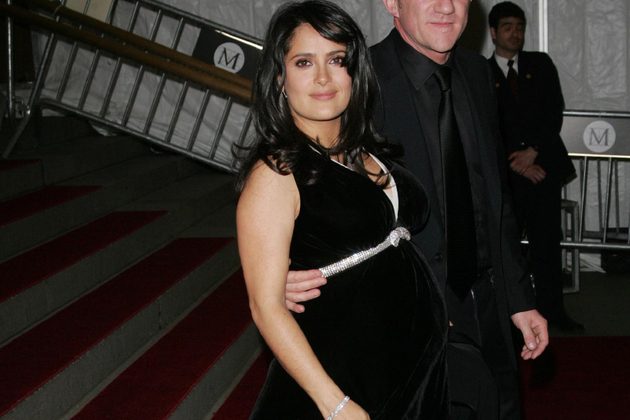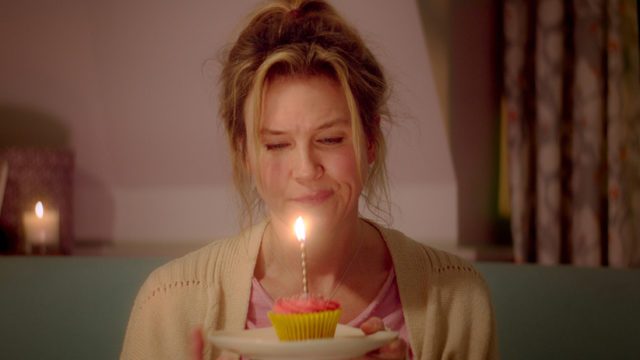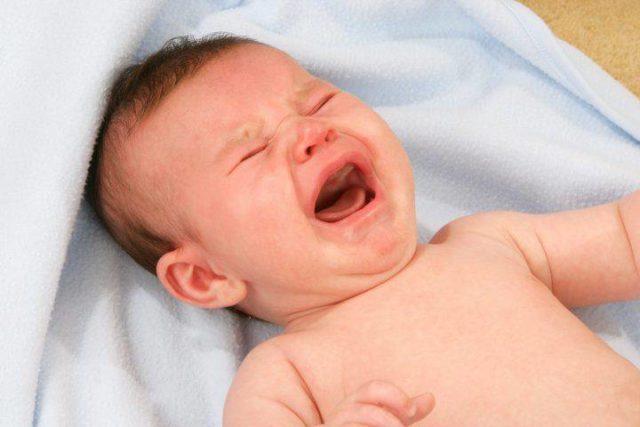There is an optimal time window to get pregnant, and it opens and closes more quickly than you think. If you want to be a mom, learn how to put nature on your side. Your ideal time to have a baby is the 10-year age from 25 to 35. Your fertility in this period is high, and usually, you are more mature and stable than your early 20s.
The 100,000 ovules that you have between 25 and 30 years old, then gradually start decreasing to about 50,000, when the optimal age term is coming to an end and the number of abnormal ovules rises. At the age of 40, you only have about 10,000 ovules left from birth. It is possible to get pregnant at this age, but the chances of success are fewer.

With celebrities having babies at their 40s, and the continuous news about advances in fertility, it is logical that many girls in their 20s think that having a child is something they can postpone more and more. But nothing they tell you is true. Women do not realize that many of these pregnancies are products of costly and complicated fertility treatments.
There is a biological clock and you have to watch it. Although you think your gynecologist would warn you, the truth is that many of them do not address the issue.
Maybe your gynecologist does not inform you about the fertility data, so you do not feel that he is pushing you to a certain lifestyle or hurry up and have children. In addition, gynecologists are almost always in the rush for having time to talk to a patient about something she does not mention.
The clock does not stop for 25 to 35 years. However, it is the ideal age for pregnancy, because your physical ability to conceive is still very high. If a woman between the mid-20s and the early 30s has unprotected sex when she is ovulating, her chance of getting pregnant before the end of the month is almost 30%. This possibility decreases to 20% per cycles when entering her 30s.

According to specialists, this slight reduction is not a great impediment to get pregnant, but the next one certainly is. Women between 37 and 39 have a 15% chance of getting pregnant in each cycle. The percentage drops, even more, when you reach 40, where the odds are only 5%.
The reason why you are so fertile in the 10-year age from 25 to 35 has a lot to deal with the quality and quantity of your ovules. The ovules die naturally throughout your life. Since you are born with about 2 million of them, as your body first releases the healthiest ovules, the younger you are the greater the possibility of releasing a viable one. Women usually have abundant healthy eggs only between 25 and 35 years.
If you take too long for making up your mind about having a baby, you could lose your chance. Do not be fooled by too many external factors, in deciding if you are or are not ready for pregnancy based solely on them.
You sometimes can get anxious about mothers talking about their babies or hearing someone talk incessantly about their children. Indeed, that can be a slow type of torture. But it has nothing to do with the fascination of having your own baby. It is a unique experience to hear your baby cry!

In addition, almost all your time becomes absorbed in the newly born baby’s rearing. Most new parents find the way to take control of everything that arises when this little new member of the family comes into the household. You usually have no idea what a newborn wants or needs. But as a new mom, you will learn it along the way.
It may seem unfair that at age 35 when you have greater control of your life and have established an order in your priorities, your fertility falls into a tailspin. But of course, millions of women in their late 30s or early 40s have children. In fact, 20% of all first-time moms are in that group.
But at those ages getting pregnant takes time. In part, that is because of the numbers. The older you are, the fewer ovules you have. And these are more likely to be defective. The ovules of an older woman are more resistant to ovulation and tend to have defects that prevent the development of healthy embryos.
So go ahead and make your decision, before it is too late for you!
